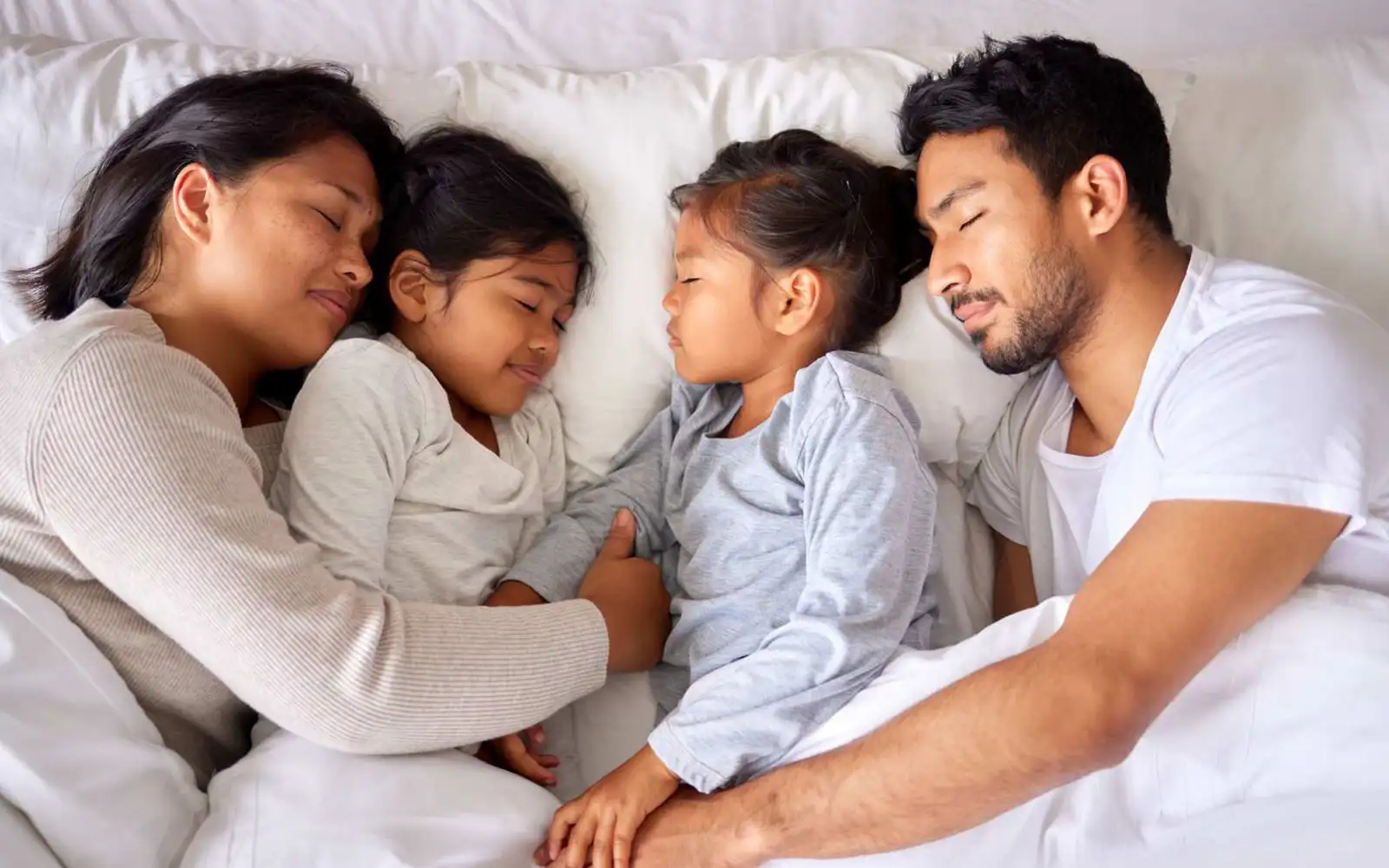Sleep disorders are a common challenge that affects many people around the world. Beyond personal health, these issues often impact relationships and social life in noticeable ways. The difficulty of maintaining connections while managing sleep problems can leave individuals feeling isolated or strained in their interactions. Consulting sleep specialists can provide valuable guidance in understanding and addressing these challenges, helping individuals seek the proper support and make positive changes.
What Are the Most Common Sleep Disorders?
Sleep disorders vary widely, but certain conditions are more prevalent and disruptive than others. Each disorder brings unique challenges that can spill over into daily life.
Some of the most common sleep disorders include:
- Insomnia – Difficulty falling or staying asleep, leading to daytime fatigue and reduced focus.
- Sleep Apnea – Interrupted breathing during sleep, often causing loud snoring and frequent awakening.
- Narcolepsy – Sudden bouts of extreme sleepiness during the day, affecting alertness and schedules.
- Restless Legs Syndrome (RLS) – An uncontrollable urge to move the legs, especially at night, disrupting rest.
- Circadian Rhythm Disorders – A misalignment between an individual’s sleep schedule and their internal body clock.
These conditions disrupt sleep patterns and cause lingering fatigue, making it harder to participate fully in personal and social activities. Over time, untreated sleep problems may lead to behavioral shifts, including irritability and disengagement, that affect interactions with others. If sleep difficulties go unchecked, they can compound over time, making interpersonal challenges even more pronounced. Many people find relief by consulting sleep specialists who provide tailored solutions to improve their rest and quality of life.
What Strain Do Sleep Issues Place on Relationships?
Sleep disorders can make it harder to maintain healthy relationships. The physical and emotional toll caused by poor rest directly impacts how individuals communicate and connect with others in their daily lives. One major point of tension is irritability and stress. Chronic sleep deprivation often makes people feel more short-tempered, which may lead to disagreements with partners, family, or friends over otherwise minor issues. Sleep disorders can also reduce patience, understanding, and productive communication skills, making it harder to resolve conflicts effectively.
Physical symptoms such as loud snoring or restless movement may disrupt shared sleeping arrangements with a partner. When one person’s symptoms disturb the other’s sleep, it can lead to frustration or resentment. Over time, sleeping in separate bedrooms, while practical for rest, might diminish intimacy and connection. Building strong relationships often requires focus and understanding. Addressing sleep concerns early helps maintain open communication and avoids compounding the challenges of managing daily interactions alongside health issues.
What Social Activities Are Often Impacted?
Sleep problems don’t only affect relationships within the home; they also create challenges in broader social settings. Persistent fatigue and poor energy often cause individuals to scale back their participation in activities they once enjoyed.
Social activities that are heavily impacted include:
- Evening Gatherings – Fatigue may make staying awake for dinners, parties, or social events more difficult.
- Workplace Engagement – Daytime drowsiness may reduce participation in office discussions or after-work networking.
- Exercise or Recreational Activities – Low energy often results in skipping group fitness classes, sports, or outdoor trips.
- Family Events – Family commitments, like outings or celebrations, can feel overwhelming when sleep problems persist.
- Volunteering or Community Groups – Limited energy might reduce involvement in meaningful activities that connect people to their community.
When these social activities are repeatedly missed, feelings of isolation may become more common. Over time, this withdrawal may create a perception of disconnection that adds to the emotional weight of living with a sleep disorder. Reclaiming social life begins with consistent, quality rest.
Sleep Specialists Are Ready to Help
Sleep disorders carry significant ripple effects across both relationships and social activities. Feeling tired, stressed, or disconnected is rarely the whole story, and finding the right solutions often starts with professional guidance. Sleep specialists can evaluate symptoms, identify underlying causes, and recommend actionable steps for improvement. If sleep concerns impact your daily life or interactions, seeking help could be the first step in restoring balance. Reach out to a sleep specialist today and start building a path toward better rest, stronger relationships, and a more engaged social life.


Leave a Reply